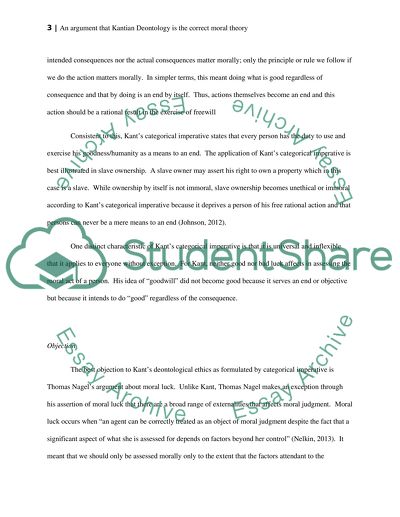Cite this document
(“Kant's Moral Philosophy Term Paper Example | Topics and Well Written Essays - 1000 words”, n.d.)
Kant's Moral Philosophy Term Paper Example | Topics and Well Written Essays - 1000 words. Retrieved from https://studentshare.org/philosophy/1476698-choose-from-one-from-attached
Kant's Moral Philosophy Term Paper Example | Topics and Well Written Essays - 1000 words. Retrieved from https://studentshare.org/philosophy/1476698-choose-from-one-from-attached
(Kant'S Moral Philosophy Term Paper Example | Topics and Well Written Essays - 1000 Words)
Kant'S Moral Philosophy Term Paper Example | Topics and Well Written Essays - 1000 Words. https://studentshare.org/philosophy/1476698-choose-from-one-from-attached.
Kant'S Moral Philosophy Term Paper Example | Topics and Well Written Essays - 1000 Words. https://studentshare.org/philosophy/1476698-choose-from-one-from-attached.
“Kant'S Moral Philosophy Term Paper Example | Topics and Well Written Essays - 1000 Words”, n.d. https://studentshare.org/philosophy/1476698-choose-from-one-from-attached.


